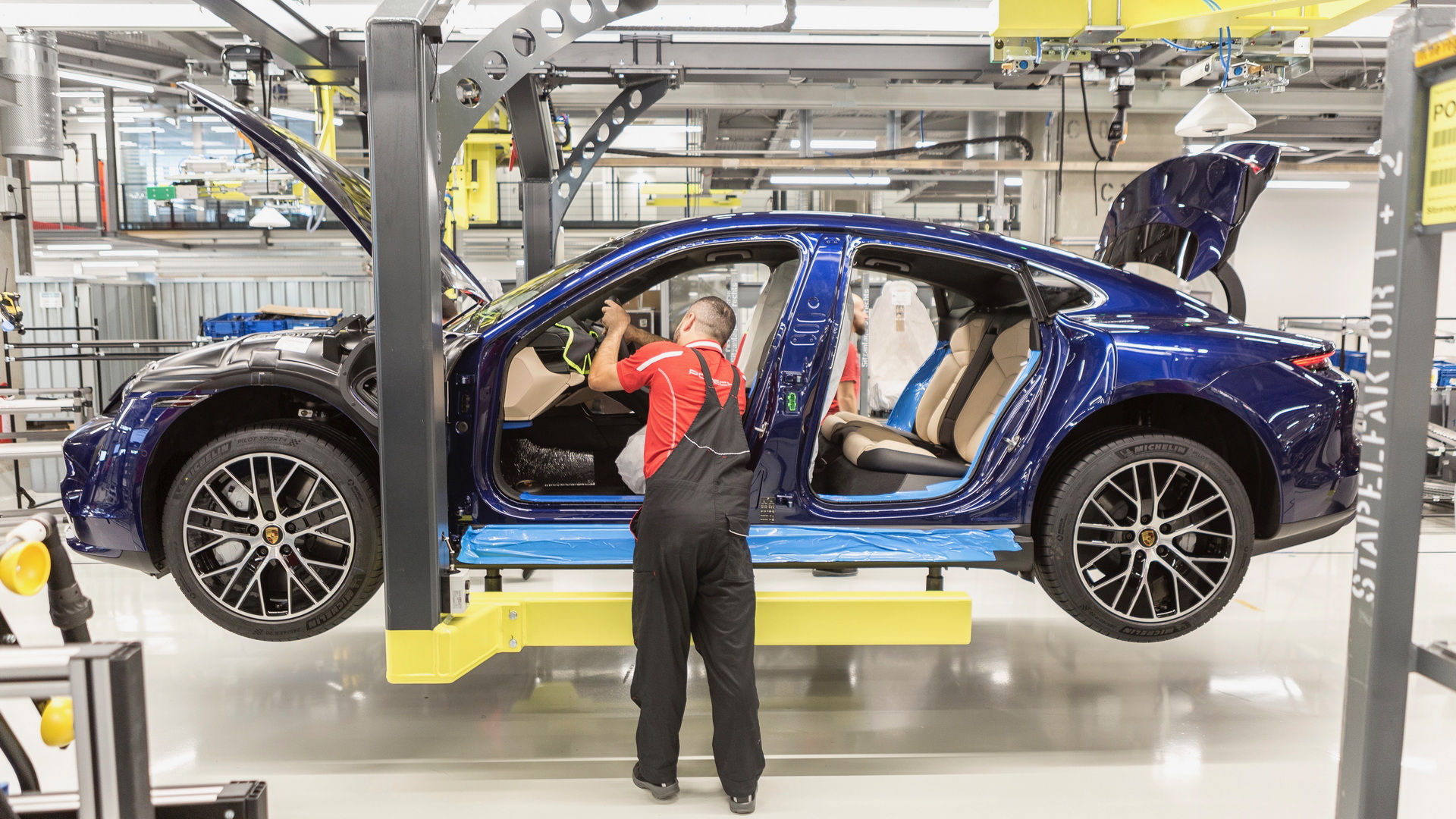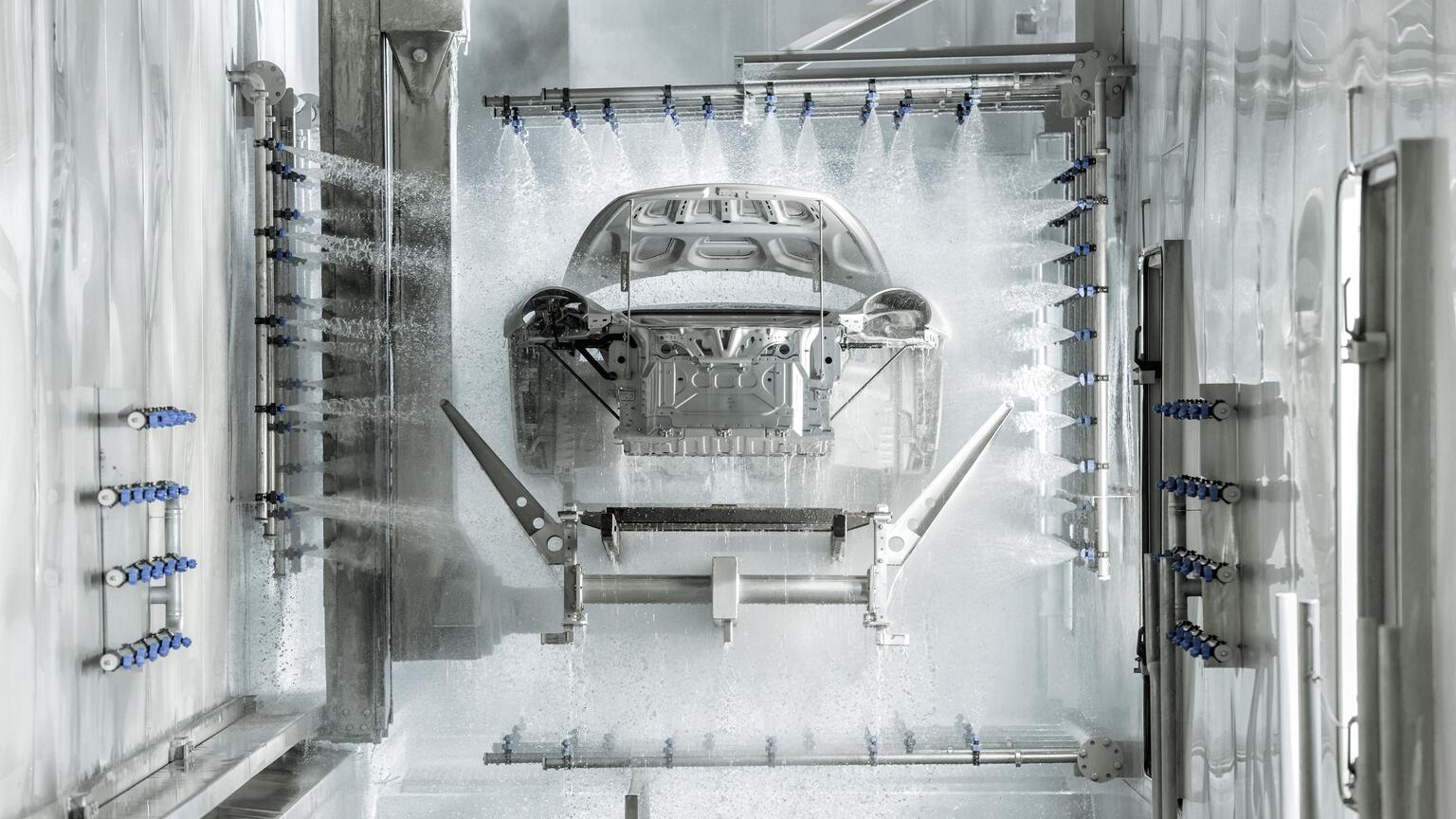Porsche is reportedly pausing production as the war in Ukraine continues.
An alleged internal memo from within the German car manufacturer posted to Twitter states that the situation in Ukraine affects the automaker’s supply chain and will impact the production of practically all current Porsche models.
Read Also: Russian Invasion Of Ukraine Could Lead To Second Wave Of Microchip Shortage
If the memo is to be believed, Porsche will pause production of the 911 GT3 and 911 GT3 Touring models on March 17, halt production of all other 911 models on March 31, and also pause production of the 718 Cayman and Boxster on March 14, the Cayenne on March 7, the Macan and Panamera on March 2, and the Taycan on March 3.
Read an article on factory closures due to the continued supply chain pressure in the automotive space. Shortly after, a friend in the loop sent me this… what this could mean for Porsche production… imagine VW Group, BMW, Mercedes’… 😳 used cars about to get even more pricey! pic.twitter.com/O263JS3O7h
— Caleb J Schroëter (@calebjschroeter) March 3, 2022
No information is provided on how long the production halts will last. In a statement issued to Motor1, Porsche confirmed that production at its Leipzig plant that builds the Panamera and Macan had indeed shut on March 2 and that it won’t resume until March 11. The spokesperson added that Porsche’s Zuffenhausen plant remains unaffected but that may not be the case for long. CarScoops has reached out to Porsche for further comment.
“Further steps will take place in an orderly process,” the spokesperson said. “In the coming days and weeks, we will operate on a short-term basis and continuously reassess the situation.”
This news comes just a few days after Porsche announced it had stopped delivering vehicles to Russia with immediate effect. The German car manufacturer operates 26 Porsche Centers throughout Russia and in the 2021 financial year, a total of 6,262 vehicles were delivered in the country, representing a small sliver of the 301,915 vehicles that Porsche delivered worldwide last year. Russia’s most popular Porsche model for 2021 was the Cayenne, accounting for 54 per cent of all deliveries with 3,431 units sold.
The crisis in Ukraine is expected to impact the automotive industry for quite some time and could lead to a second wave of microchip shortages. That’s because Ukraine is the source of about 70 per cent of the world’s neon output, an important gas for running the lasers necessary to manufacture semiconductor chips.




